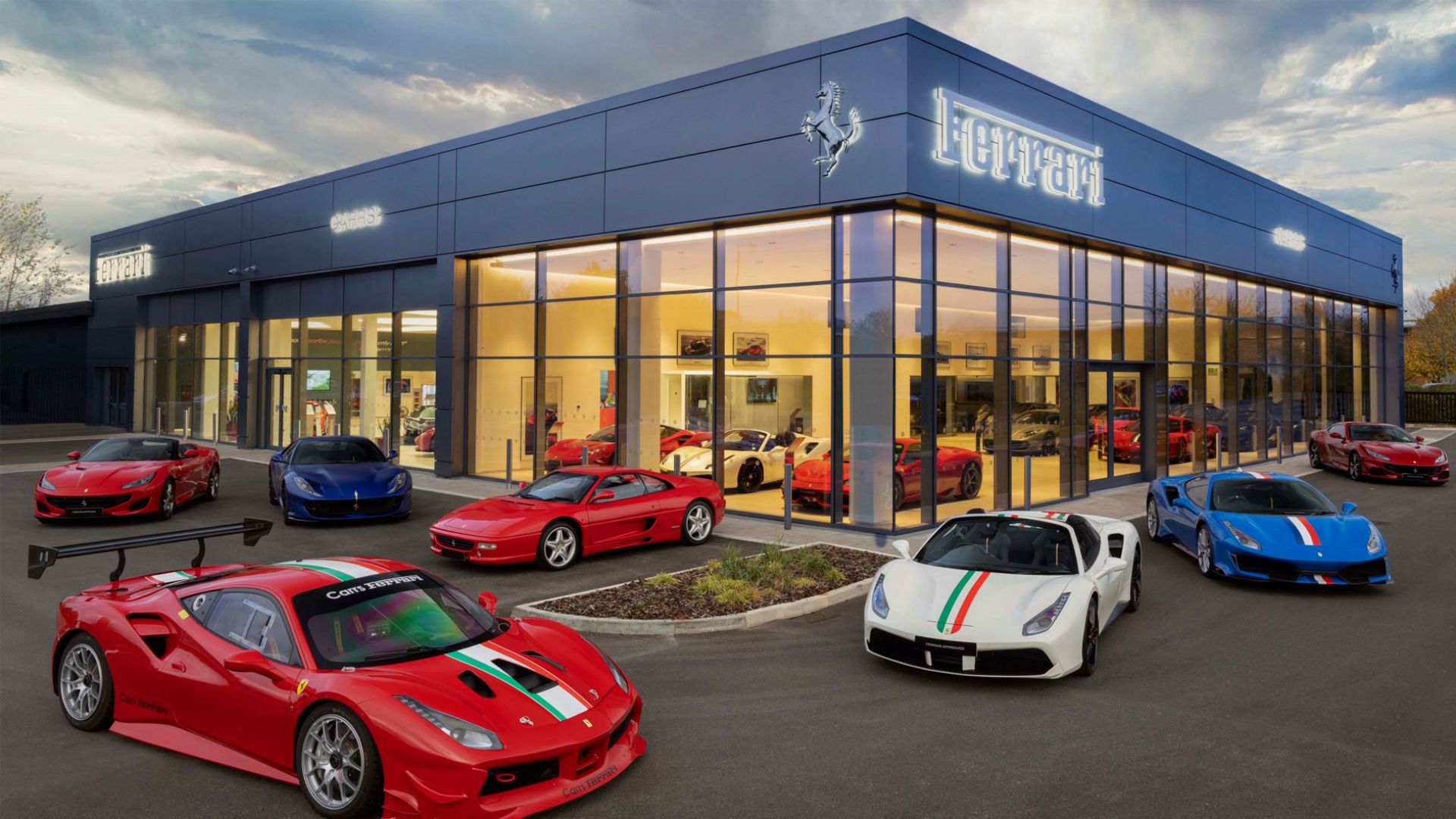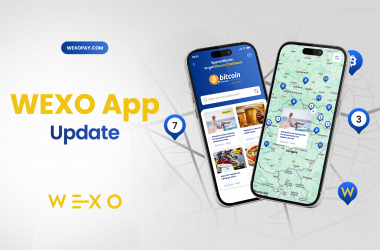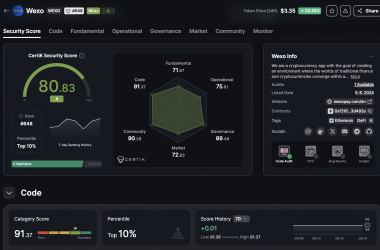
TOP bejegyzések

Wexo Points: Find places where you can pay with Bitcoin (App Up...
Search nearby businesses that accept Bitcoin payments
BővebbenFerrari, a name synonymous with luxury and performance, announces the acceptance of cryptocurrency payments for its iconic sports cars in the United States. The move comes in response to growing market interest and dealer demand, with many clients, including young, crypto-savvy investors, investing in digital currencies. This initiative is not only about Ferrari's determination to keep up with current market trends, but also a recognition of the potential that cryptocurrencies bring in the luxury goods sector.
According to an October 14 Reuters report, Enrico Galliera, Ferrari's chief marketing and commercial officer, confirmed the brand's intentions. Although Galliera did not specify how many cars Ferrari expects to sell through crypto payments, he did state that the order book is already fully booked through 2025. Ferrari plans to test this growing market in order to connect with potential buyers outside of its usual clientele. The luxury automaker plans to expand crypto payment acceptance to Europe in the first quarter of 2024.
To implement this ambitious plan, Ferrari has teamed up with a major crypto payment processor, BitPay, for the initial phase in the US. This collaboration will enable transactions in Bitcoin, Ether and USD Coin, without any additional fees or surcharges. BitPay will also verify the legitimacy of the digital currencies to ensure that they did not originate from illegal activities. With this move, Ferrari is not only moving its operations into the digital era, but also opening the door to new opportunities in the luxury automotive industry.
Why CBDC can't compete with Bitcoin

The emergence of Central Bank Digital Currencies (CBDC) has long triggered discussions in the crypto community. While some see CBDCs as instruments of government control, others see them as attempts by traditional financial systems to maintain relevance. Three key factors support the argument that Bitcoin has an advantage over CBDC: open architecture, first-mover advantage, and user-centric monetary policy.
Bitcoin operates on an open platform, allowing anyone to participate in the network and contribute to its development. On the other hand, CBDCs are closed systems under government control, which hinders their ability to innovate at the pace of an open system like Bitcoin. Bitcoin, as a pioneer of digital currencies, has achieved significant real-world adoption and growth over 14 years, while most CBDC projects are still in the early stages.
Bitcoin's monetary policy is designed with the user in mind, with a fixed maximum limit of 21 million coins. In contrast, central banks are unlikely to adopt such a user-centric model, as control of monetary circulation is politically and economically valuable. Bitcoin, with its agility and global reach, is a strong contender, and compared to the prevailing belief about the necessity of CBDC on the part of government authorities, a more skeptical stance about the practical viability of CBDC is warranted.
Mastercard has successfully integrated blockchain technology through Multi Token Network

Mastercard announced successful test results that showed CBDC can be used to purchase NFTs (Non-Fungible Tokens) on blockchains such as Ethereum. This experiment was part of Mastercard's expanded efforts in blockchain technology and digital currencies, pushing the boundaries of what payment solutions can do in the digital world.
According to an October 12 announcement, the experiment was conducted in partnership with the Reserve Bank of Australia (RBA) and the country's CBDC Digital Finance Research Centre. In a real-world environment, the solution enabled CBDC owners to purchase NFTs listed on Ethereum. The process "locked in" the necessary amount of pilot CBDC on the RBA's pilot CBDC platform and created an equivalent amount of "wrapped" pilot CBDC tokens on Ethereum. This is all part of Mastercard's Multi Token Network solution, unveiled in June 2023, which integrates payment technology with blockchains, and represents a significant step in the interoperability of digital currencies and traditional payment systems.
Zack Burcks, CEO and founder of Mintable, commented on this attempt as an example of when digital currencies and NFTs can be easily linked, which could potentially eliminate fraud and theft, end documentation loss, and open up new opportunities for commerce. The RBA also noted that the Australian dollar CBDC could potentially enable complex payment arrangements and innovations in the financial sector that are not possible with fiat currency. This successful trial shows that Mastercard's Multi Token Network can play a key role in integrating blockchain technology with traditional financial systems in the future, opening up new opportunities for digital payments and commerce.


